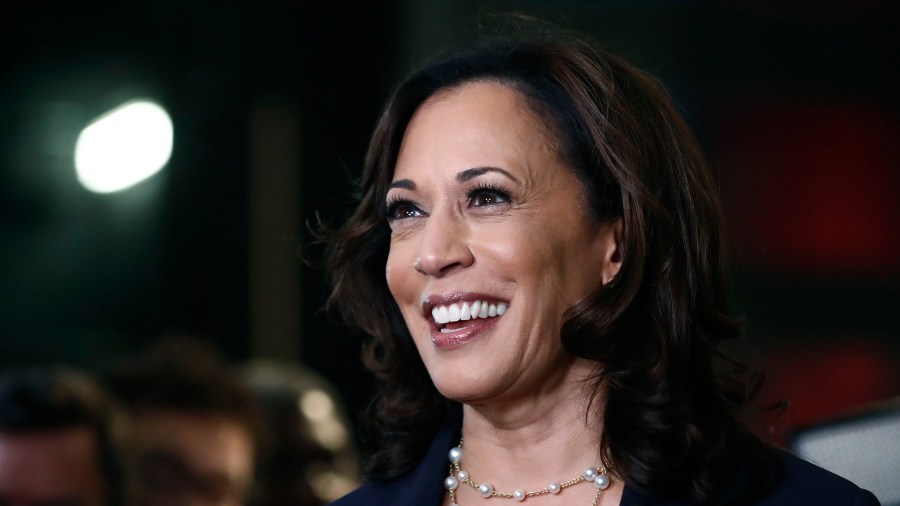(NewsNation) — Vice President Kamala Harris tested positive Tuesday for COVID-19.
The vice president isn’t showing symptoms and will isolate as she continues to work from home, according to an official statement from Harris’ press secretary.
Harris has not been in close contact with President Joe Biden or first lady Jill Biden. She is expected to return to the White House when she tests negative for the virus. Meanwhile, Harris will follow Centers for Disease Control and Prevention guidelines and the advice of her doctors, according to the statement.
Harris tested positive on both rapid and PCR tests. Her husband, second gentleman Doug Emhoff, tested positive for the virus last month, but the vice president continued testing negative until now.
She had returned Monday from a weeklong trip to the West Coast. The last time she saw Biden was the previous Monday, April 18.
“I have no symptoms, and I will continue to isolate and follow CDC guidelines,” Harris tweeted. “I’m grateful to be both vaccinated and boosted.”
Harris, 57, received her first dose of the Moderna COVID-19 vaccine weeks before taking office and a second dose just days after Inauguration Day in 2021. She received a booster shot in late October and an additional booster April 1. Fully vaccinated and boosted people have a high degree of protection against serious illness and death from COVID-19, particularly from the most common and highly transmissible omicron variant.
After consulting with her physicians, Harris, 57, was prescribed and is taking Paxlovid, the Pfizer antiviral pill, her office said late Tuesday. The drug, when administered within five days of symptoms appearing, has been proven to bring about a 90% reduction in hospitalizations and deaths among patients most likely to get severe disease.
Reuters contributed to this story.
